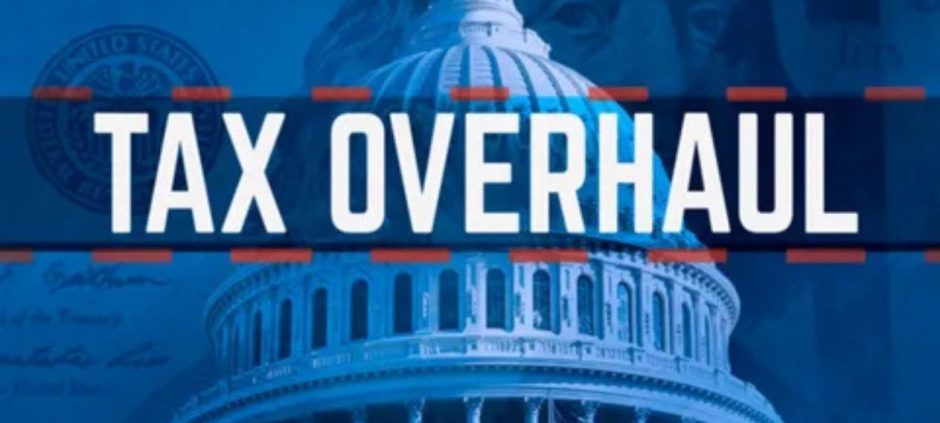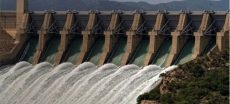The federal government has placed tax overhaul and faster privatisation at the center of its economic strategy, aiming to reduce fiscal pressures and attract investment. Officials believe that restructuring the tax system while moving state-owned enterprises into private hands can help stabilize Pakistan’s struggling economy.
Tax overhaul is on priority
The government’s economic team has highlighted that outdated tax collection methods and weak compliance remain major hurdles. With the new tax overhaul, the focus is on broadening the tax base, curbing evasion, and creating a system that ensures fairness for individuals and businesses.
- Expanding the number of active taxpayers to boost revenues
- Digitising tax collection to reduce leakages and corruption
- Simplifying procedures for small businesses and freelancers
- Offering targeted relief to low-income groups
The reform is expected to create a more transparent and predictable environment for both local and foreign investors.
Privatisation gains momentum
Alongside the tax overhaul, the government has accelerated its privatisation program. Loss-making state-owned enterprises (SOEs) such as airlines, power distribution companies, and industrial units are being prioritised. Officials argue that private ownership will bring efficiency, innovation, and better service delivery.
The plan is to attract global investors by ensuring transparent bidding processes. Sectors likely to see early movement include aviation, power, and oil and gas. Analysts believe this approach can reduce the burden on public finances and support economic growth.
Public concerns and fiscal pressures
While the government is pressing ahead, critics point out that rapid privatisation can lead to layoffs and higher costs of services. There is also growing public concern over rising taxes in other areas, such as transport. Recently, the motorway toll tax was increased on the M2 route, adding to the financial strain faced by commuters.
Tax overhaul as the key to reforms
Experts agree that without a proper tax overhaul, privatisation alone will not yield sustainable results. They stress that economic reforms must be implemented carefully to balance revenue generation with social protection. A more transparent and equitable system could restore investor confidence while protecting vulnerable communities.
Conclusion
The government’s dual agenda of tax overhaul and faster privatisation marks a significant shift in economic planning. Success will depend on execution, political will, and the ability to balance efficiency with fairness. As Pakistan moves forward, both reforms will play a crucial role in shaping the country’s financial future.











